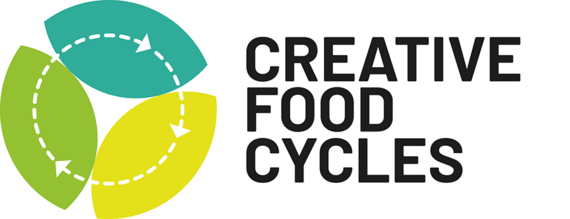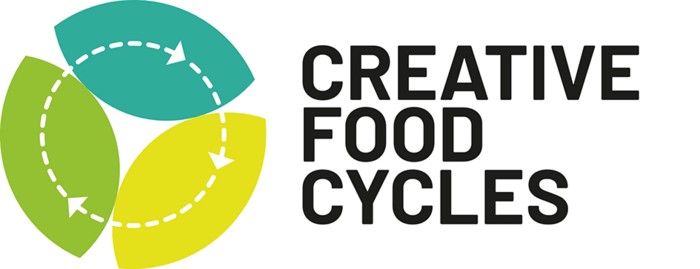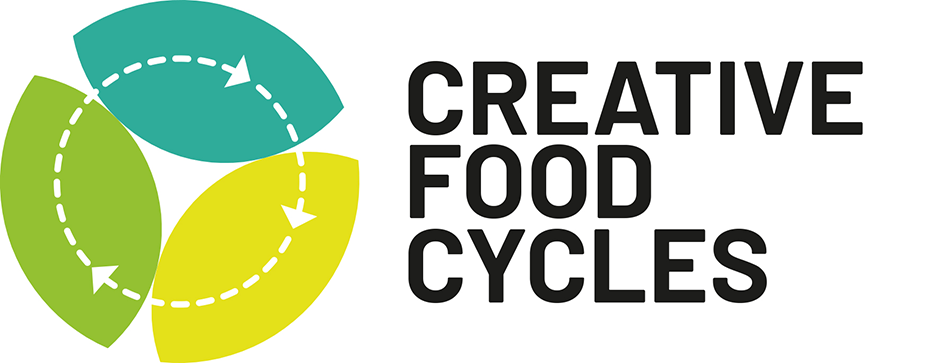CreativeFoodCycles



Creative Food Cycles is a project coordinated by the of the Chair for Territorial Design and Urban Planning (Prof. Jörg Schröder) of Leibniz Universität Hannover, in cooperation with IAAC Institute of Advanced Architecture of Catalonia, and with the Department of Architecture and Design of the University of Genoa. Creative Food Cycles is co-funded by the Creative Europe Programme of the European Union.
Food systems are complex sets of economic activities, exchanges and human interactions that sharply affect Europe’s long-term sustainability and its living conditions. Resilient food cycles can be drivers for strategical challenges and opportunities related to urban qualities, cultural values, informal practices, education, economic development, ecological targets, and social integration.
Creativity and arts are a major driving force in the current cultural and societal field. In the last years, the limits of sectorial policy programmes and academic research have become obvious to address the topic of food cycles as a main field of change in Europe. Co-Design of urban change across food issues and values is a design- and creativity-related action that examines the increased attention for the space and place qualities, the regional scale and local product, as well as their relationships among cultures and cultural experiences. It is placing food issues higher on both the political and urban agenda. If green and local growth has become a major leitmotiv of contemporary society in terms of nutritional and health issues.
With Creative Food Cycles we want to empower architects, product and communication designers and cultural actors to assume a more proactive attitude, regarding food and its expressive capacity, as a cultural vehicle of identity, innovation and social integration.
In fact, the enduring constants in the world’s food systems are exchange and change: what appears permanent is forever in a flux or in a recursive cycle as it was addressed by David Hume essay ‘Of the Standard of Taste’. Looking at identity as the product of continuing exchanges and transformations, means considering the positive and progressive interactions between food cultures, food spaces and places, creative performances, responsive digital technologies.
Creative Food Cycles has the aim of developing a cultural and holistic approach, joining all the aspects of Food Cycle: from production to distribution (phase 1), from distribution to consumption (phase 2) and from consumption to disposition(phase 3).This means also to stimulate with an open and inclusive approach a deeper interconnection among cultural creators, cultural professionals, institutional stakeholders and active urban society.
Funding:
Creative Europe Programm 2018–20 of the European Union
Publication:
Food Interactions Catalogue. Creative Food Cycles Project
Edited by Arethi Markopoulou, Chiara Farinea, Federica Ciccone, Mathilde Marengo
Barcelona, IAAC Institute of Advanced Architecture of Catalonia, 2019
creativefoodcycles.org/food-interactions-catalogue/
Schröder J, Sommariva E, Sposito S, eds. (2020) Creative Food Cycles - Book 1. DOI: https://doi.org/10.15488/10074
Schröder J, Sommariva E, Sposito S, eds. (2020) Creative Food Cycles - Book 2. DOI: https://doi.org/10.15488/10298
Markoupoulou A, Farinea C, Ciccone F, Margengo M, eds. (2019) Food Interactions Catalogue.


